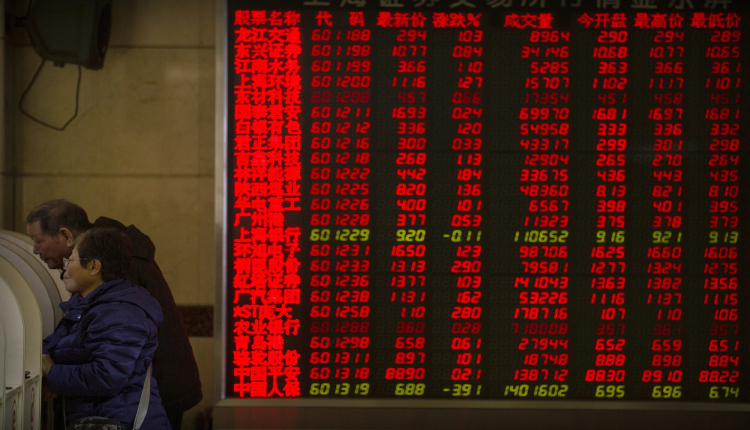Asian stocks fell on Wednesday and currencies were unstable as traders tried to navigate the political turmoil in South Korea, where martial law was briefly imposed and then lifted.
The South Korean won saw a boost in early trading due to suspected intervention, but it is still hovering near the two-year low it reached against the dollar on Tuesday.
The KOSPI index was down almost two per cent, bringing its year-to-date losses to more than seven per cent, making it the worst-performing major Asian stock market this year. This decline impacted the broader MSCI Asia-Pacific index, which includes tech giant Samsung Electronics, causing a 0.32 per cent decrease.
South Korean President Yoon Suk Yeol’s surprise declaration of martial law, which was subsequently lifted, added to the market’s volatility. Min Joo Kang, senior economist at ING, expressed concerns about the potential impact of these events on South Korea’s sovereign credit rating.
To stabilise the markets, South Korea’s finance ministry pledged to inject “unlimited” liquidity if necessary. The Yonhap news agency reported that the financial regulator was prepared to deploy a 10 trillion won ($7.07 billion) stock market stabilisation fund.
“A bit of uncertainty here given how the events played … that can fuel some rush to safety. But Korean authorities appear to be moving quickly to stabilise markets, and the impact is likely to be short-lived,” said Charu Chanana, chief investment strategist at Saxo.
As investors await further guidance from Fed Chair Jerome Powell, the dollar index strengthened 0.12 per cent, while gold prices eased 0.17 per cent. Oil prices remained relatively flat, with investors focusing on potential supply cuts from OPEC+.
Attribution: Reuters
Subediting: M. S. Salama


